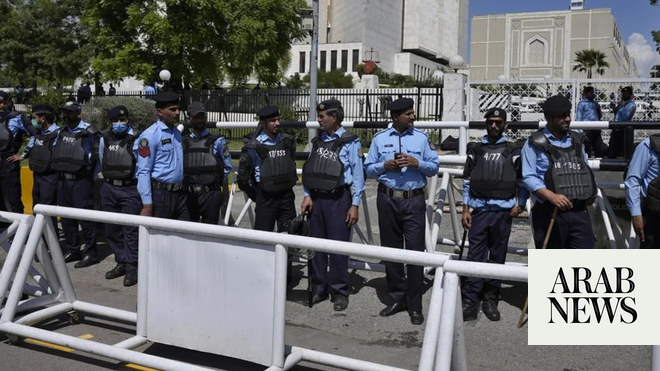
Government-backed plans to reduce the size of the supreme court and rename it have been condemned by Labour as an assault on the independence of the judiciary.
The proposals, said to be under ministerial discussion, are supposedly aimed at curtailing the court’s ability to become involved in constitutional issues such as last year’s parliamentary prorogation case, which ended in a resounding defeat for Boris Johnson.
The report in the Sunday Telegraph said Jacob Rees-Mogg, the leader of the Commons, had privately accused the court of a “constitutional coup” after the justices unanimously ruled that the government’s attempt to prorogue parliament to prevent it from debating Brexit was illegal.
An unnamed Tory MP was quoted as saying: “There’s a feeling that [Tony] Blair and [Charles] Falconer [the former lord chancellor] made a complete dog’s dinner of constitutional reform [in 2005] and that we are feeling the negative effects of it today.”
The story said Tory peers had warned about the dangers of “judicial activism”, and the justice secretary, Robert Buckland QC, was believed to be drawing up plans for reform.
In response, David Lammy, the shadow justice secretary, said: “The Conservative government is determined to do all it can to take power away from the courts and hoard it in No 10. This is an attack not only on judges but on the British public, who rely on an independent judiciary to uphold the law. We cannot trust this chronically incompetent government with any more power than it already has.”
Lord Falconer, now the shadow attorney general, tweeted: “Not sure what’s wrong with number of supreme court judges. Same as in judicial [committee] of Lords. Not sure name supreme court misled judges as to their approach. Not sure who resolves legal constitutional issues if it’s not supreme court. Not sure much thought gone into these proposals.”
The idea that specialist judges should be drafted in to sit on cases could result in the court becoming more politicised, as speculation would focus on individual judges and their backgrounds. The plan may have been briefed before Dominic Cummings’ abrupt ejection from Downing Street at the end of last week.
Following his departure, No 10 sources were quoted as promising that the government would adopt a less confrontational approach and halt destabilising attacks on established institutions such as the civil service and the judiciary.
The proposals resemble a policy paper published by the thinktank Policy Exchangein July entitled Reforming the Supreme Court. That also suggested replacing the supreme court with an “upper court of appeal” and having specially selected panels for separate cases.
One of the authors was Prof Richard Ekins, one of three pro-Brexit lawyers who gave advice to the attorney general on the internal market bill, which could enable the government to breach international law.
Responding to the Policy Exchange paper last month, Lord Kerr, who had just retired as the longest-serving justice on the supreme court, told the Guardian he “wholly rejected the notion that [the court had] become more ready to interfere in the decisions of government than our predecessors in the House of Lords”.
Kerr, who was a law lord before the UK’s highest court was transferred to the supreme court, said the estimated £56m cost of creating the supreme court in Parliament Square was worth it.
“Coming as I do from Northern Ireland, I believe that a spot of symbolism does not go amiss,” he said. “I think it was very important to make clear in the minds of the public that the court stands fully independent from parliament and government.”
No 10, the Ministry of Justice and the supreme court all declined to comment.












